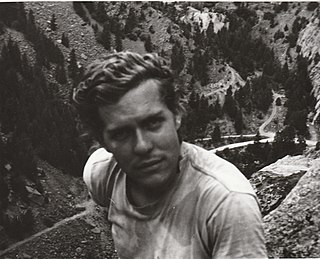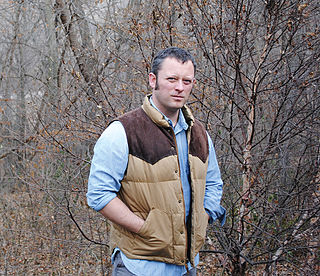A Quote by Vladimir Nabokov
No author has created with less emphasis such pathetic characters as Chekhov has.
Related Quotes
With a novel, which takes perhaps years to write, the author is not the same man he was at the end of the book as he was at the beginning. It is not only that his characters have developed-he has developed with them, and this nearly always gives a sense of roughness to the work: a novel can seldom have the sense of perfection which you find in Chekhov's story, The Lady with the Dog.
There is no obligation for the author of a film to believe in, or to sympathise with, the moral behaviour of his characters. Nor is he necessarily to be accredited with the same opinions as his characters. Nor is it necessary or obligatory for him to believe in the tenet of his construction - all of which is a disclaimer to the notion that the author of Drowning by Numbers believes that all men are weak, enfeebled, loutish, boorish and generally inadequate and incompetent as partners for women. But it's a thought.







































